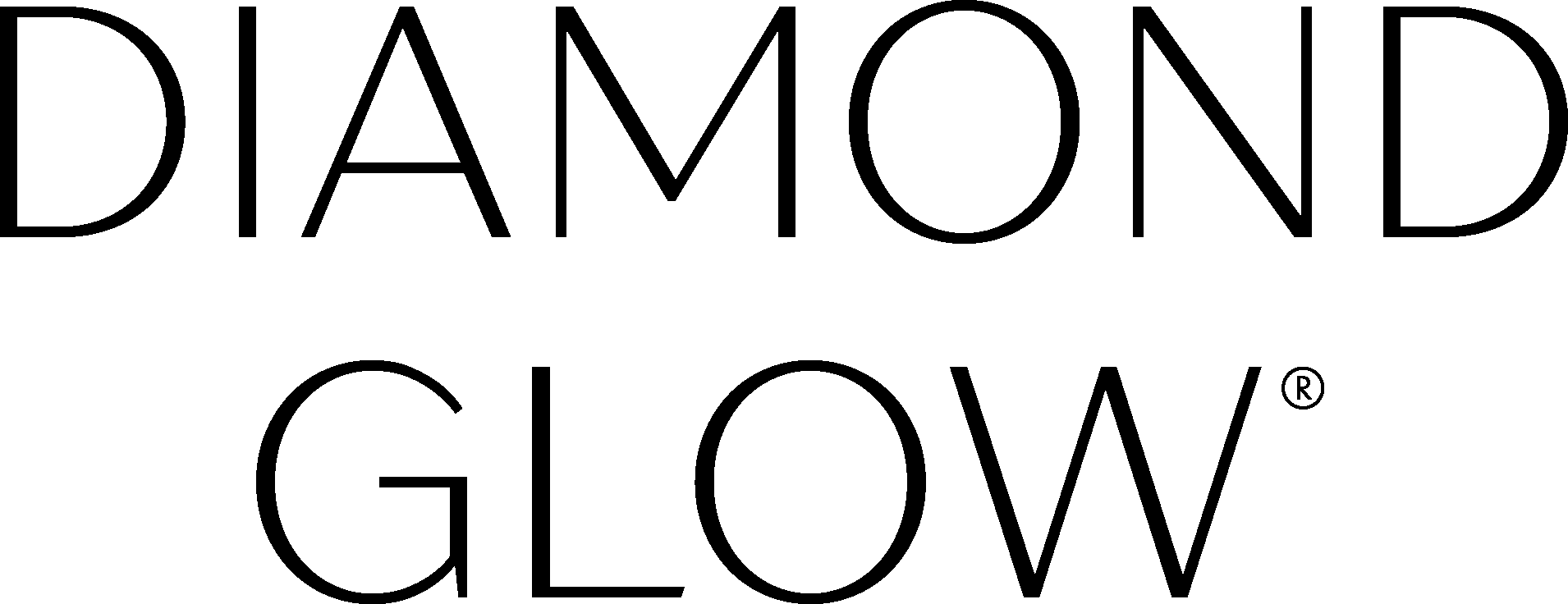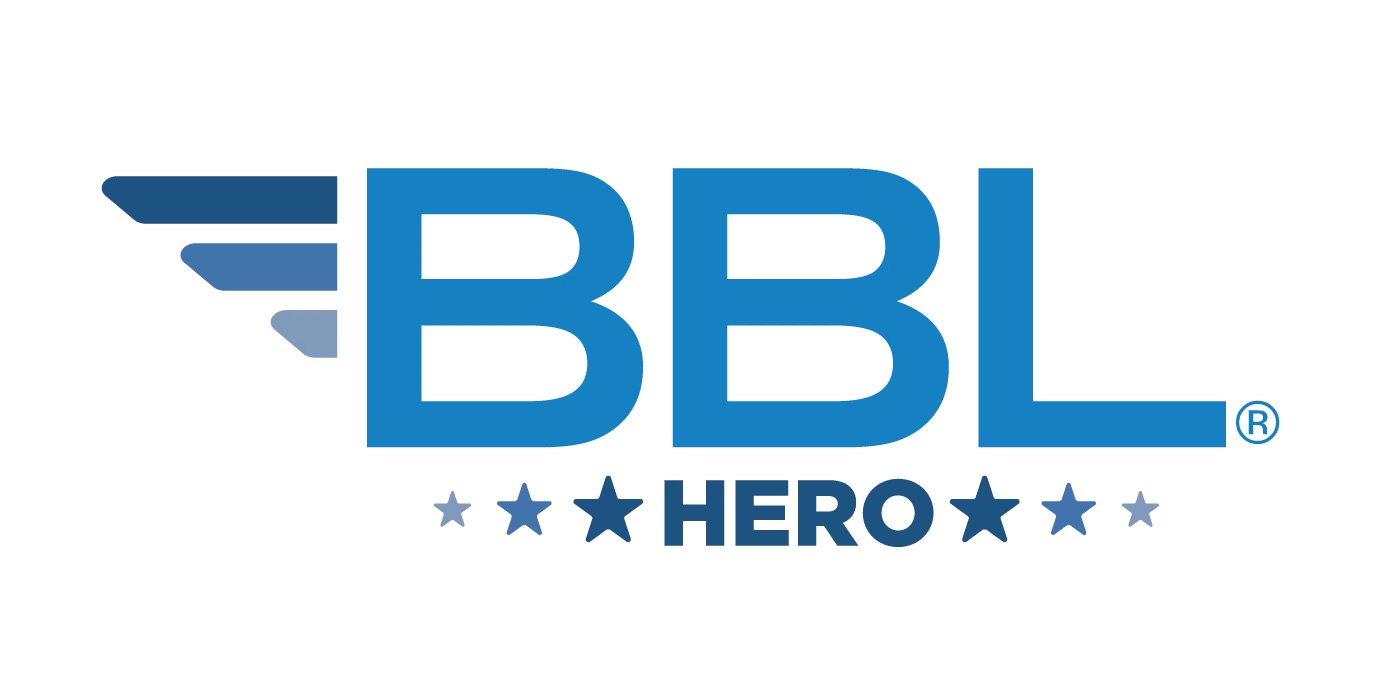All of us have been living under at least some stress for the past year due to COVID-19. And many of us have been looking forward to the day that a vaccine would be available. That day is here; as of the time of this writing, there are two mRNA vaccines available. One is by Moderna and the other is by Pfizer/BioNTech.
If you have facial fillers, you might have heard that a very small number of people with facial fillers have had some facial swelling in response to the Moderna vaccine. If you have facial fillers, it’s natural that this might concern you. Keep reading to learn more about what happened, why it happened, and what you should do.
WHY WOULD THE COVID-19 VACCINE CAUSE FACIAL SWELLING?
First, it’s important to understand how vaccines work and how this specific type of vaccine works. While some vaccines give you a tiny dose of the live virus you’re being vaccinated against (such as with the measles vaccine, the yellow fever vaccine, and the chickenpox vaccine), the mRNA vaccines currently available for COVID-19 give you a tiny piece of the spike protein unique to this particular coronavirus. The idea is that it will stimulate your immune system to recognize the spike protein so that if you are exposed to the actual virus later, it will know how to defeat it without you getting sick (or, in some cases, without you getting seriously sick).
Because the vaccine is challenging your immune system temporarily, there are some very common side effects that mean the vaccine is working. Some of these are fever, muscle soreness, and fatigue. Having these types of side effects should be a reassuring sign that your immune system is doing what it’s supposed to be doing.
In a couple of people with dermal fillers, their immune systems also caused some facial swelling in the area of those fillers. Since your body is on high alert after a vaccination, it could, in rare cases, misconstrue your fillers (which are a foreign body) as a threat and cause some temporary swelling until it realizes that they are not a threat.
*Note that these were not anaphylactic reactions, which can also include facial swelling; an allergic reaction would also cause airway swelling, a racing heart, and other very serious symptoms requiring hospitalization. These dermal filler reactions were able to be treated and did not result in hospitalization or any serious issues.
ARE BOTH VACCINES CAUSING THESE ISSUES?
At the time of this writing, only the Moderna vaccine has caused facial swelling in a few people with facial fillers. Since the vaccines are very similar, it is possible that the Pfizer/BioNTech vaccine could also cause the same type of issue in rare cases.
It’s important to note that other vaccinations can cause similar issues. One of these is the influenza vaccine. It is a rare side effect and one that can be treated. And while it is stressful to see facial swelling, it does not cause any permanent damage.
SHOULD I AVOID GETTING FILLERS DONE?
If you know that you will be able to have your COVID-19 vaccines soon, then it’s probably prudent to put off having fillers put in until after you get your second dose. You can talk to your doctor about when to have the fillers done based on when your last vaccine was given. This way, you won’t be at risk of having any facial swelling when you get your vaccinations, since you will not have had your fillers put in yet.
SHOULD I AVOID GETTING THE COVID-19 VACCINATION IF I HAVE FACIAL FILLERS?
The short answer here is no. COVID-19 is a much greater risk than the very small chance of temporary and treatable facial swelling. You should talk to your doctor if you have recently had fillers done and your turn for the vaccine comes up. You might be advised to wait two weeks or longer after having your dermal fillers done before getting the vaccine, but in other cases, you might be advised to get it right away.
Let the person administering your vaccination know that you have facial fillers. Also, let them know if you have any allergies or if you carry an Epi-Pen. If you do have allergies and carry an Epi-Pen, make sure you take it with you to your appointment.
Remember that everyone getting their COVID-19 vaccines is observed for 15 to 30 minutes (or longer, if you have a condition that warrants longer supervision). If you start feeling any swelling during this time, you should alert your care provider right away for an assessment. If you begin to notice swelling after you get home or in the days following your shot, then you can call your doctor at that point. Any severe swelling or trouble breathing should prompt you to go to the emergency room. Keep in mind that millions of vaccines have been given and that this side effect has only affected a few people.
If you do have a reaction after your first dose of the COVID-19 vaccine, then you will need to talk to your doctor about whether you should have the second dose. At the time of this writing, that has not been uniformly decided yet, so the decision will need to be made on a case-by-case basis. If more of these reactions take place and guidance is put into place, then your doctor can advise you as to what that guidance is. As of now, however, it will be a decision that you and your doctor should make together based on your risk factors for developing COVID-19 versus your risk factors for developing facial swelling again.
CONCLUSION
As with anything else pertaining to your health, you should check with your primary care physician if you have questions or concerns about your decision to get the COVID-19 vaccine. You can also speak with your dermatologist to learn more about fillers and whether they are the right choice for you before or after having your immunizations.









